Review of Ozu: Volume 3
Introduction
The thing about clichés is that they don`t usually become such without good reason. The one that I`m thinking of as applicable here is `the more you learn, the more you realise that there is yet to learn`. I`ve been watching films as far back as I can remember, and the last few years of reviewing for this site has broadened my experience more than I ever thought possible. I still haven`t seen every noteworthy film ever made, it`s unlikely I ever will, but I had thought that I had a handle on just what those benchmarks of cinema were, just who were those influential names that shaped the art of film. And then the Ozu boxset comes for review, and I find that I have another name to add to the list of luminaries. Yasujiro Ozu was a critically acclaimed Japanese director whose subject matter usually centred on the family. Directing between 1927 and 1963, he encompassed all ages of cinema, from silent films through talkies to colour movies. His style is distinctive and his films poignant. This is the third boxset of Ozu films from Tartan and contains three of his later films, Tokyo Twilight, and his first two colour films, Equinox Flower and Good Morning.
Tokyo Twilight
Shukichi Sugiyama`s family slowly falls apart when his eldest daughter Takako returns home. Her marriage is in trouble, although she is reluctant to discuss it with her father. Meanwhile his youngest daughter Akiko is having troubles of her own with a boyfriend, but again she is being close-lipped.
Equinox Flower
Wataru Hirayama is approaching that age when his children, and those of his peers are ready to be married. Of course this being modern Japan, daughters are no longer as willing to have their marriages arranged for them, and Wataru is a fount of good advice for his friends who face these problems. When his daughter Setsuko announces that she wants to marry a co-worker, with whom she has fallen in love, Wataru finds it hard to take his own advice.
Good Morning
Minoru and Isamu are two young brothers who are having a hard time convincing their parents of the new way of things in Japan. The one thing that would make their lives complete would be a television set. Their parents share the common opinion among their generation that television rots the brain. When `negotiations` break down, the brothers take a vow of silence, refusing to speak until their home houses a television. But that silence has an unexpected effect in their tight knit community.
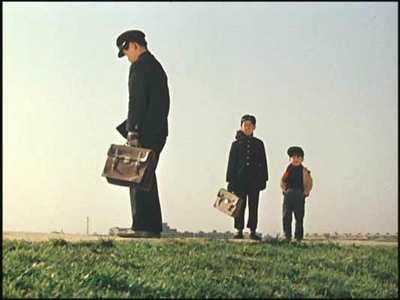
Video
Tokyo Twilight is presented in monochrome in the original 4:3 ratio, while Equinox Flower and Good Morning get 4:3 colour transfers. The image is nice and clear, as well as free of major print damage courtesy of a restoration. However that restoration process appears to have imparted a certain softness to the image as compared to the original film elements. The transfer for Tokyo Twilight is lacking in contrast, and all three films are prone to rare macro-blocking, but other than that the films are well presented given their age.
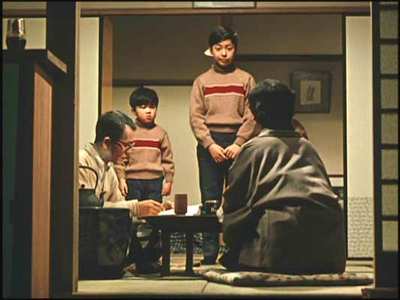
Audio
All three films get Japanese 2.0 mono tracks, with optional English subtitles. The dialogue is clear, and there is minimal hiss, but I did notice some distortion around the higher frequencies for Tokyo Twilight.
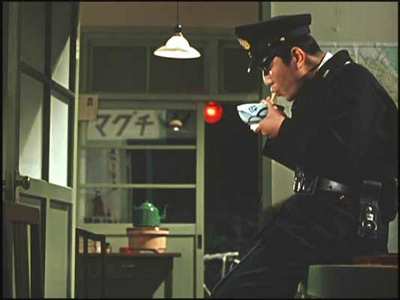
Features
Three discs are presented in a digipack slipped inside a cardboard slipcase. You will also find four pages of production notes that are a useful introduction to the films, as well as Tartan World Cinema`s Spring catalogue, which unfolds into a mini-poster for The Devil and Daniel Johnston movie.
Each film gets animated menus naturally, as well as brief restoration featurettes. These show before and after clips of the film in question, often showing quite significant scratches magically vanish. It also indicates the resulting softness that I mentioned in my comments about the image transfers.
Equinox Flower and Good Morning also have theatrical trailers on the discs.

Conclusion
This third volume of Yasujiro Ozu`s films presents three movies created with his distinctive style; all focusing on the subject he explored the most, the family. The cast remains largely consistent from one film to the next; even some of the sets are reused. Yet these three films are ultimately quite different in tone, in story and in the emotions that are touched in the viewer. As a cross-section of a director`s output, it`s actually quite diverse.
Tokyo Twilight is the bleakest of the three films, which is helped by the monochrome image. It is an examination of the disintegration of a family through lack of communication, and by differing outlooks. Shukichi is the single parent who brought up two daughters after the mother left, and loving and devoted as he is, he can`t take the place of a mother in their affections. It means that when the daughters have problems, there is nowhere for them to turn to, and even though they are in the same house as him, talking to him is another matter. The silence proves increasingly destructive, as the daughters` problems mount.
Equinox Flower is also a drama at heart, but with a wry humour to it. Tradition and new ways collide once more, as a father`s desire for his daughter to have an arranged marriage comes into conflict with her own love for a co-worker. This film very much focuses on the character of the father, on how he has to face having his wishes flouted. There is an edge of hypocrisy to him, as he doles out all manner of good advice to his friends in similar straits, but when it comes to his own daughter, he sticks to a strictly traditional outlook. The way the character develops is delightful, though.
Finally, Good Morning is an all out comedy, replete with fart gags. This is perhaps the gentlest flatulent humour I have seen in a film, with brass instruments of varying pitch filling in for the real thing. This is of course the film`s ground state, with the heart of the film much more substantial, as the generations collide once more over the prospect of home entertainment. This is set in the background of a close-knit community, with houses almost on top of each other. There is great enchantment to be had from the congregation of housewives who live there, their good-natured backbiting, and their network of gossip. The film is built on the naturalistic and sweet performances of the child actors, never mawkish, sentimental or contrived, yet heart-warming nonetheless.
Ozu`s style is consistent through these films, and took me a little getting used to. His method is certainly minimalist. The camera is invariably static, placed low to the ground looking up at the protagonists. The pace is leisurely to the point of glacial, the shots are composed with an artists eye, inviting the viewer to take in as much of the frame as possible as he lingers over each scene. The performances are equally minimalist. Very rarely do you see more than one character in a shot, and the language is formal. The characters speak clearly and the director takes the time to take in what has just been said, or how a character is reacting to a situation.
Yet the end result is startlingly effective. The viewer is invited into these worlds, and the feeling is more one of participation than that of passive observer. Ozu`s viewpoint is admirably objective. He never judges his characters, and he doesn`t lead the viewer into a preformed opinion, but instead lets the story speak for itself. Each character`s point of view comes across clearly, and it is possible to sympathise with anyone in his films. The restrained performances also elevate what would appear to be soap opera storylines into something more elegant. While the films are rigorously structured, stylised to the point of formality, the audience reaction is unforced and realistic.
Proof positive that you don`t need to be epic to make a statement, these three films tell three very different stories, small, personal but nonetheless quite effective and moving. The storytelling style may not be to everyone`s taste, but it is most certainly worth experiencing the contrast to the modern emphasis on flash, glam and directorial whiz-bangs to elicit audience reaction. These three films are packaged well, and the restoration work on the transfers makes for a blemish free experience. I would have liked to see some more substantial extras; some more information such as a documentary on Ozu would have been useful. Well worth a look if you want to broaden those cinematic horizons.
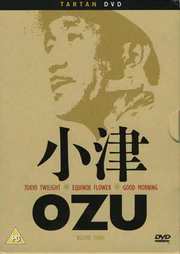
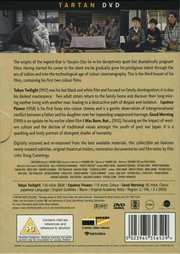



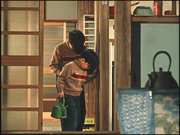
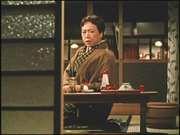
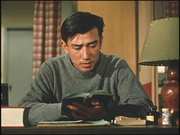
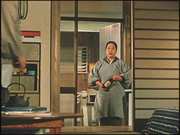
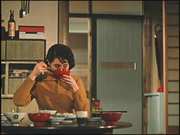
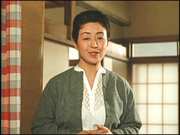
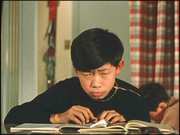
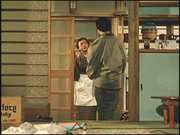
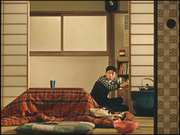
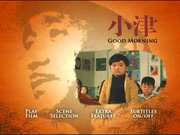
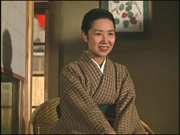
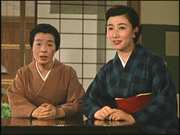
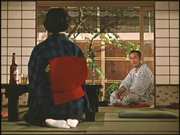
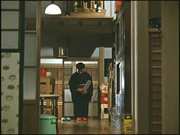
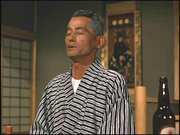
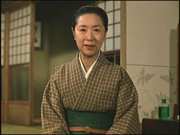
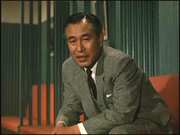
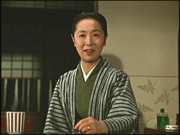
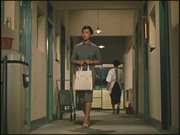
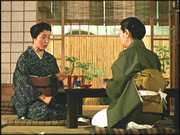
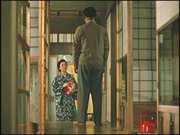
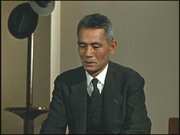
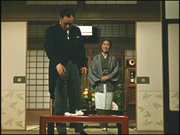
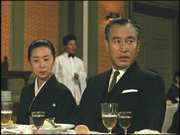
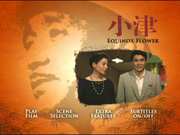
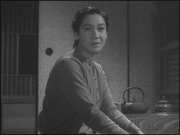
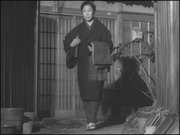
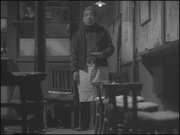
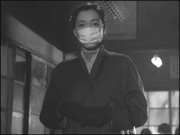
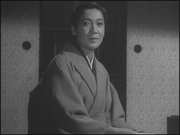
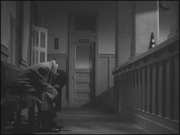
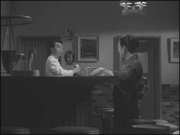
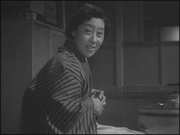
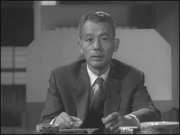
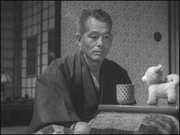
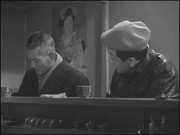
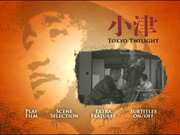
































Your Opinions and Comments
Be the first to post a comment!